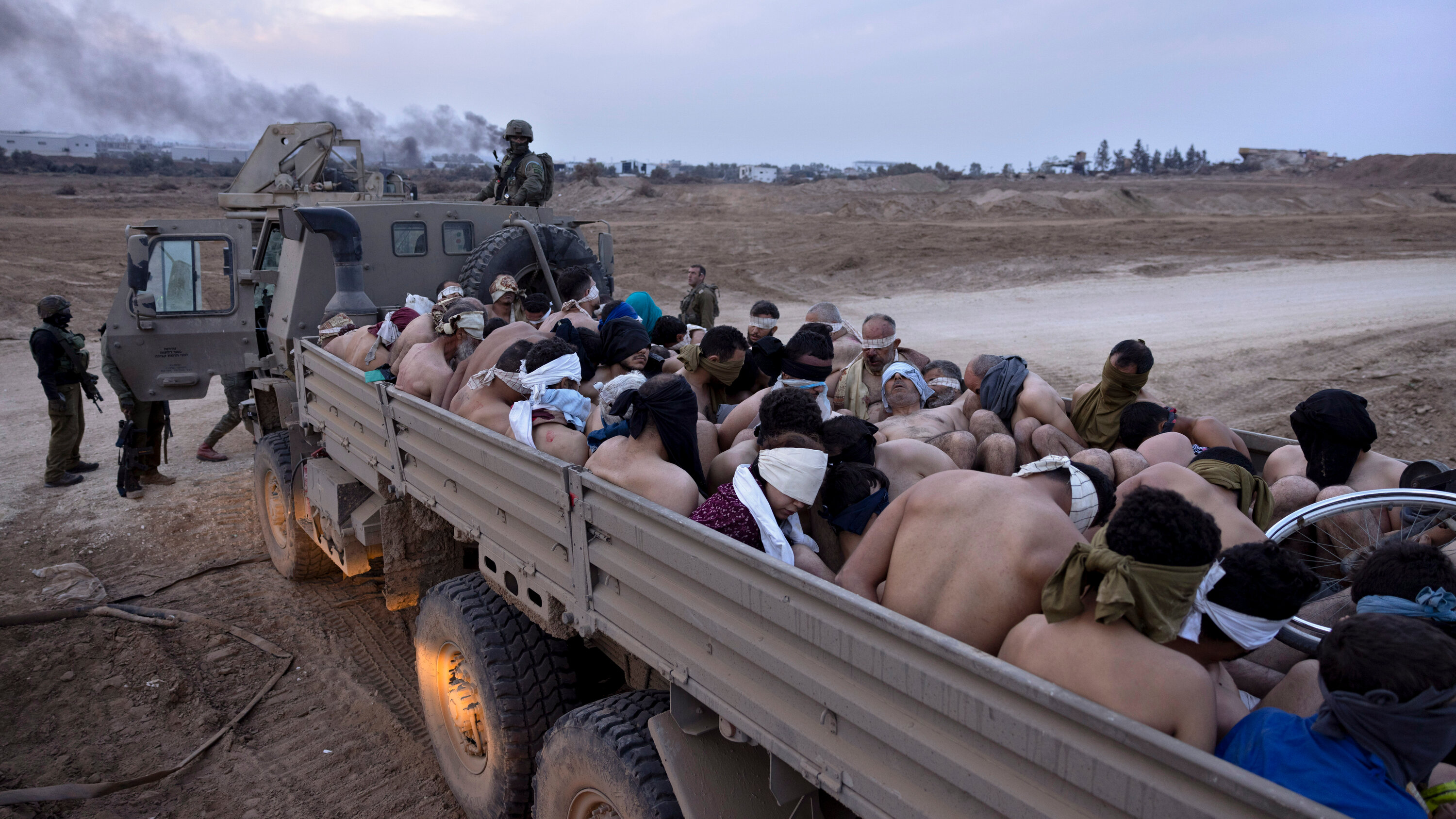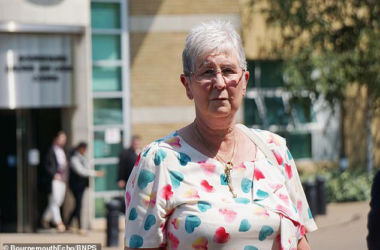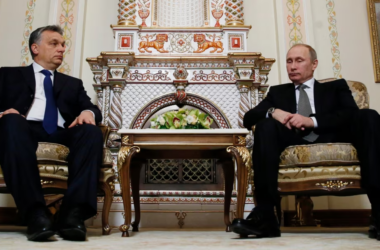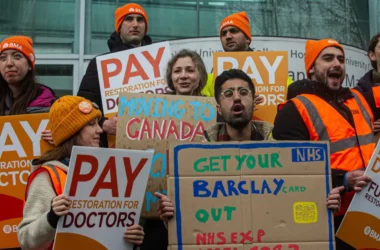Israeli military police detained at least nine reservists on Monday at an army base holding thousands of Palestinians from Gaza. The detentions are part of an investigation into allegations of “suspected substantial abuse of a detainee,” according to the military. Details of the abuse were not disclosed, but several Israeli media outlets reported that the Palestinian detainee had been hospitalized with a serious injury to his anus, with some outlets suggesting the reservists were accused of sexual abuse.
The detentions led to a crisis at the Sde Teiman base, where videos posted on social media showed reservists protesting the raid. The situation escalated into a standoff when a crowd of flag-waving civilian protesters broke into the base in support of the detained reservists. Police and soldiers eventually drove the protesters out of the base.
Among the protesters was far-right lawmaker Zvi Sukkot of the Religious Zionist Party, who was seen in a video entering the base despite resistance from a uniformed officer. Finance Minister Bezalel Smotrich, also of the Religious Zionist Party, voiced strong opposition to the detentions, calling for the chief military prosecutor to release the reservists.
Prime Minister Benjamin Netanyahu called for calm and condemned the break-in at Sde Teiman. Defense Minister Yoav Gallant emphasized the importance of maintaining law and order, stating that “the law applies to everyone” and that no one is permitted to trespass on IDF bases or violate state laws.
Sde Teiman has been the primary site for interrogating and housing detainees from Gaza since the conflict began. The base has faced numerous accusations of mistreating and abusing Palestinian prisoners, including those later found to have no ties to Hamas or other armed groups. Former detainees have reported beatings and other physical abuse at the base.
The Public Committee Against Torture, an Israeli human rights group, condemned the soldiers’ actions and criticized far-right leaders for supporting the detained reservists. The group’s statement argued that such support is indicative of deeper issues that enable abuse of detainees.








